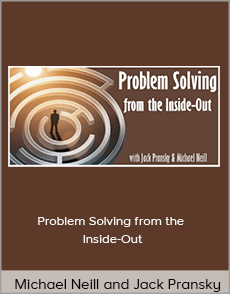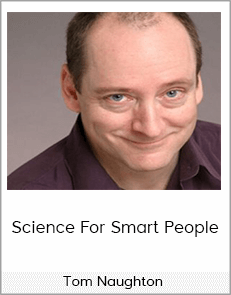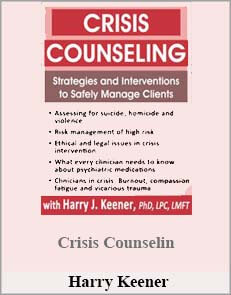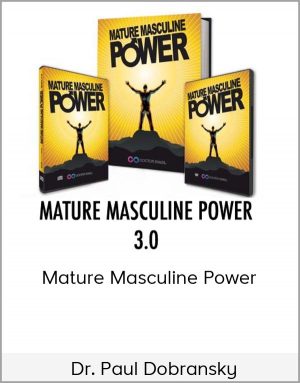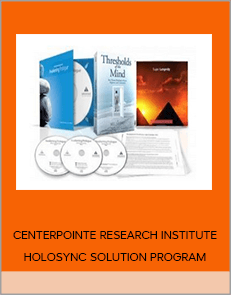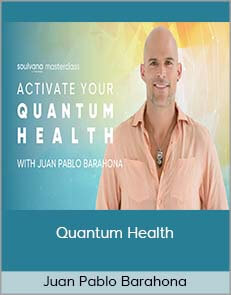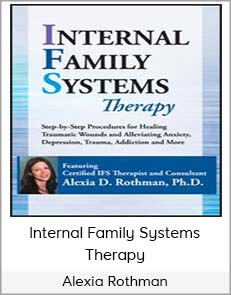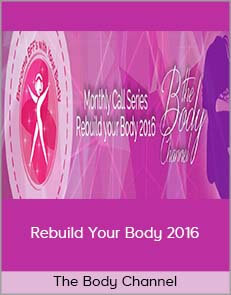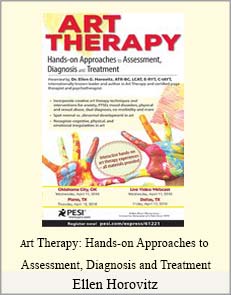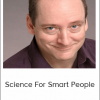-
1 × $145.00
-
1 × $67.00
-
1 × $40.00
-
1 × $67.00
-
1 × $100.00
-
1 × $200.00
-
1 × $40.00
-
1 × $40.00
-
1 × $69.00
-
1 × $130.00
-
1 × $60.00
-
1 × $150.00
-
1 × $300.00
-
2 × $82.00
-
1 × $30.00
-
1 × $27.00
-
1 × $20.00
-
1 × $130.00
-
1 × $60.00
-
1 × $12.00
-
1 × $197.00
-
1 × $85.00
-
1 × $100.00
-
1 × $50.00
-
1 × $40.00
-
1 × $117.00
-
1 × $35.00
-
1 × $130.00
-
1 × $45.00
-
1 × $45.00
-
1 × $137.00
-
1 × $75.00
-
1 × $100.00
-
1 × $37.00
-
1 × $30.00
Tom Naughton – Science For Smart People
$30.00
determine whether an alleged conclusion is actually supported by the evidence in a given study.
Tom Naughton – Science For Smart People

Check it out: Tom Naughton – Science For Smart People
Tom Naughton recently gave a great presentation called , and it’s well worth your time. In it, he explains why there seems to be so much contradictory “scientific” evidence nowadays, especially regarding diet and health. Tom also tells how to separate the wheat from the chaff to determine whether an alleged conclusion is actually supported by the evidence in a given study.
In one example, there was a clinical study involving three groups of people: one group on a low-carb, high-fat diet; a second group on a low-fat, moderate-carb diet; and a third group on an unmodified diet. The actual results were that the low-carb group lost more body fat and showed the greatest improvements in all cardiovascular markers, including total cholesterol, triglycerides, HDL and LDL. But what did the researchers write in their conclusion? “Moderate approaches to weight loss such as a moderate-carbohydrate low-fat diet may be prudent.” Tom’s take on that:
Quoting Tom Naughton:
By “prudent” I guess they meant “we would like to continue receiving research grants from Kellogg’s, who funded this study.”
This shows two big problems with much of the supposedly-scientific information reported on a daily basis: first, that research is often tainted by the simple fact that it’s funded by corporations; and second, that many people, including scientists, find it very difficult to accept the fact that, because they’ve been brainwashed by decades of government propaganda to the contrary.



























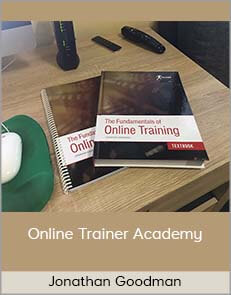
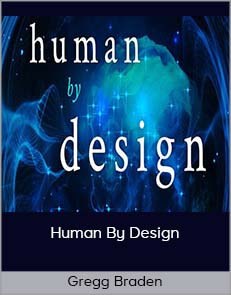

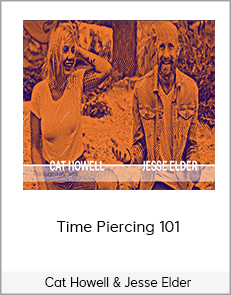





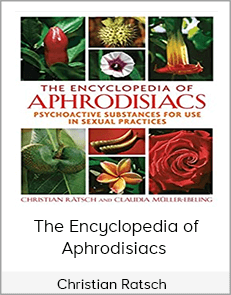




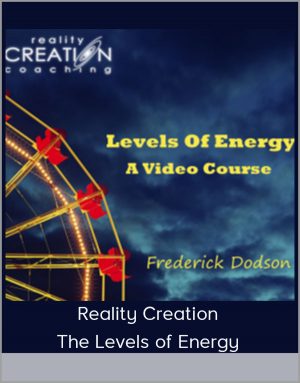


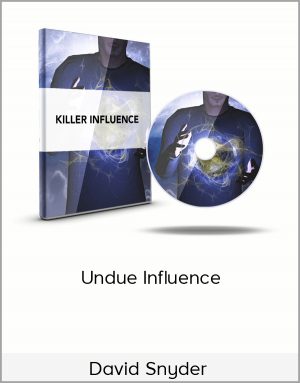

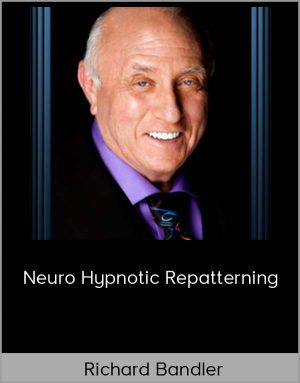
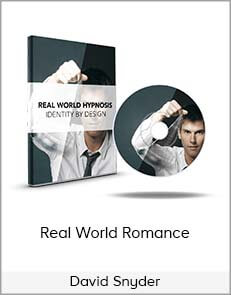

![Mindvalley Academy [Gina DeVee] – Live & Luxurious Course](http://havecourse.me/wp-content/uploads/2020/04/Mindvalley-Academy-Gina-DeVee-–-Live-Luxurious-Course.jpg)

